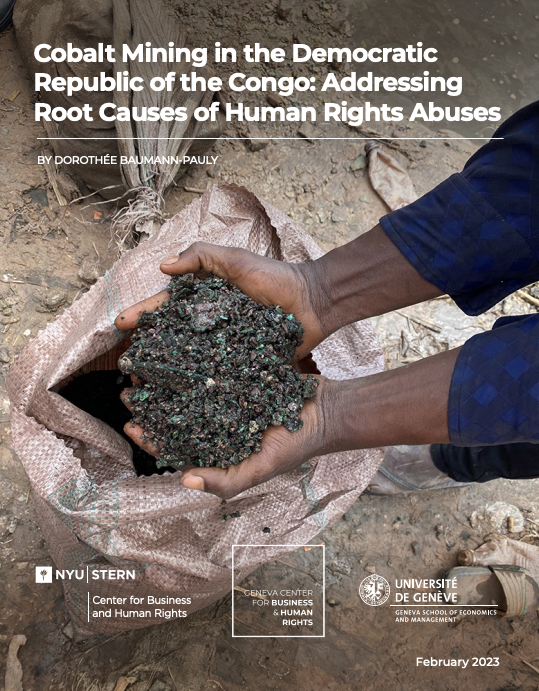Our latest report, “Making ESG Real: A Return to Values-Driven Investing,” explains the historical wrong turn taken by ESG investors, and proposes ways to re-prioritize the protection of the environment and society.
REPORT: Reality Check: How to Protect Human Rights in the 3D Immersive Web
INSIGHT: Empowering Voices: Insights from the 8th Business and Human Rights Young Researchers’ Summit
In the heart of New York City, from August 10th to 12th, 2023, a cohort of twelve scholars hailing from multiple countries, backgrounds and disciplines converged for the 8th Business and Human Rights (BHR) Young Researchers’ Summit. Since it was first organized in 2016, the Summit has become a well-established platform for PhD students and early post-doctoral researchers to showcase their work in an interdisciplinary and collaborative format. This year’s dynamic event was hosted by the NYU Stern Center for Business and Human Rights, with the support of the University of St. Gallen and the University of Geneva.
REPORT: Safeguarding AI: Addressing the Risks of Generative Artificial Intelligence
REPORT: Gaming the System: How Extremists Exploit Gaming Sites And What Can Be Done About It
Our latest report, Gaming The System: How Extremists Exploit Gaming Sites And What Can Be Done To Counter Them, describes how extremist actors are exploiting online gaming sites to disseminate violent ideologies, network with like-minded people, and perpetrate real-world harm. The report recommends concrete steps the gaming and gaming-adjacent industries should take to counter such exploitation and avoid serious harm to users and society.
A Decade of Leading the Way on Business and Human Rights
This year our Center celebrates its tenth anniversary, which is the first of its kind at a top business school. This brochure gives an overview of what we’ve accomplished in the past ten years and how we are charting the way forward for ethical business.
REPORT: A BROKEN PARTNERSHIP: HOW CLOTHING BRANDS EXPLOIT SUPPLIERS AND HARM WORKERS – AND WHAT CAN BE DONE ABOUT IT
Our latest report on global supply chains and manufacturing coincides with the tenth anniversary of the tragic Rana Plaza factory collapse in Bangladesh in 2013. In the decade since Rana Plaza, garment factory safety in Bangladesh has improved. But global apparel brands and retailers continue to put exploitative economic pressure on factory owners.
WHITE PAPER: Cobalt Mining in the Democratic Republic of the Congo: Addressing Root Causes of Human Rights Abuses
Artisanal small-scale mining (ASM) is integral to the cobalt supply chain. Over 10% of the world’s cobalt is produced in artisanal mines and EV manufacturers and electronics companies need to support the formalization of ASM.
Research director Dorothée Baumann-Pauly published a white paper in collaboration with the Geneva Center for Business and Human Rights which assesses ASM formalization projects. Her work highlights that the extraction from open pits and the integration of women are key success factors for addressing root causes of mine safety risks and child labor.
WEBINAR: Spreading the Big Lie: How Social Media Sites Have Amplified False Claims of U.S. Election Fraud
On September 28th, our Center hosted a virtual discussion about the report, Spreading the Big Lie: How Social Media Sites Have Amplified False Claims of U.S. Election Fraud. Elizabeth Dwoskin, who covers Silicon Valley for The Washington Post posed questions to Katie Harbath, formerly Facebook’s policy director for elections and now the principal at Anchor Change, a civic-tech consultancy, and Paul Barrett, the Center’s deputy director.
REPORT: Spreading The Big Lie: How Social Media Sites Have Amplified False Claims of U.S. Election Fraud
REPORT: A Platform ‘Weaponized’: How YouTube Spreads Harmful Content – And What Can Be Done About It
REPORT: Still Struggling: Migrant Construction Workers In Qatar During the Pandemic
WHITE PAPER: Enhancing the FTC's Consumer Protection Authority to Regulate Social Media Companies
Seeking a ‘Smart Mix’: Multi-Stakeholder Initiatives and Mandatory Human Rights Due Diligence
REPORT: Making ESG Work: How investors can help improve low-wage labor and ease income inequality
REPORT: Fueling the Fire: How Social Media Intensifies U.S. Political Polarization – And What Can Be Done About It
Our September 2021 report, Fueling the Fire: How Social Media intensifies U.S. Political Polarization -- And What We Can Do About It, explains that while the major tech platforms may not cause partisan hatred in the first instance, they do exacerbate the problem, which has dire consequences for our democracy.
2021 Edelman Trust Barometer Spring Update: A World in Trauma featuring Director, Michael Posner
Edelman published their 2021 Spring Update: A World in Trauma report. As Edelman notes, “2021 has exposed a world fraught with feelings of anxiety and fear over the Covid-19 pandemic’s lasting effects: increased job loss and mental health issues, fear of a new outbreak around the corner and a widening inequality gap.” Our Director, Michael Posner, is featured as a speaker on this panel.
Recommendations to the Biden Administration On Regulating Disinformation and Other Harmful Content on Social Media
REPORT: False Accusation: The Unfounded Claim That Social Media Companies Censor Conservatives
The Case for Human Rights in Business Education– A Tool Kit
Representatives from a number of business schools, both professors and administrators, have worked jointly to assemble this tool kit. It includes information and resources explaining the increasing relevance of human rights in a business school context and provides resources that can be helpful to those in other business schools who wish to become involved.



















